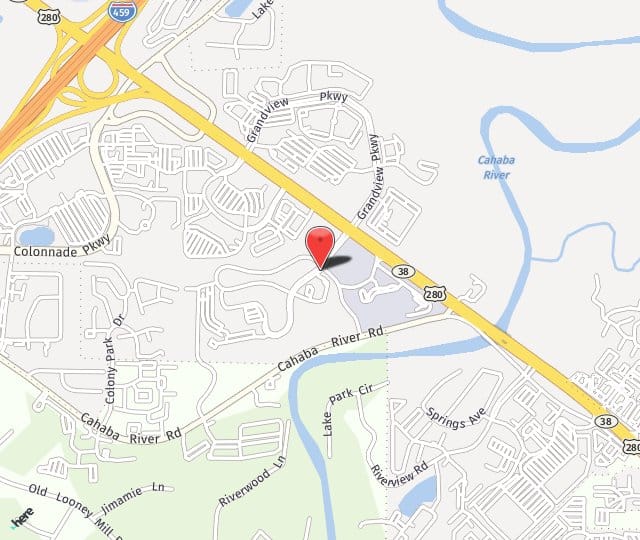
Here’s some more information about the ejection fraction.
How it works
With each heartbeat, your heart squeezes and then relaxes. Every contraction pushes blood out of the two pumping chambers, clinically known as the ventricles. When the heart relaxes, the ventricles refill with blood. The ejection fraction is the percentage of blood in your heart that is then pumped out.
A normal heart pumps out just over half the heart’s volume of blood with each beat. The normal range for EF is from 50 to 75 percent.
How is EF measured?
Echocardiograms are usually the vehicle for testing EF. Echocardiograms use soundwaves to create video of the heart. This video shows the four chambers of the heart, the valves, and how well the heart is pumping.
In some cases an echocardiogram isn’t conclusive and Dr. Smith may use cardiac catheterization, magnetic resonance imaging (MRI), computed tomography (CT), and nuclear medicine scans.
Low ejection fractions
If a patient has a low ejection fraction this suggests there are problems with the heart’s pumping function and this could point toward possible heart failure. Congestive heart failure isn’t a complete failure, as the name implies, but simply means there are insufficient amounts of blood being pumped out to the extremities of the body. If a person has a low EF number, we will be sure he or she is on alert for the signs of heart failure, which may include:
- Chronic fatigue
- Shortness of breath
- Swelling in the feet
A low EF can also be associated with abnormal heart rhythms, as these can make your heart pump less effectively.
Treating low EF
Dr. Smith may use an implantable cardiac defibrillator (ICD) to treat a patient’s low EF. Studies have shown that for patients with a damaged heart muscle that has decreased pumping ability an ICD can help patients prevent sudden cardiac arrest.
If you have any signs of heart failure, it may be tied to a low ejection fraction. Please call Dr. Smith at (205) 510-5000 and let’s check our your heart.

